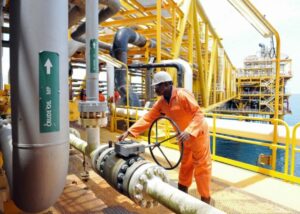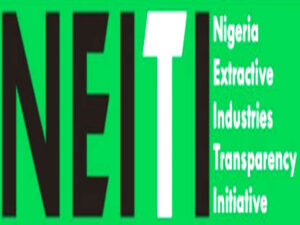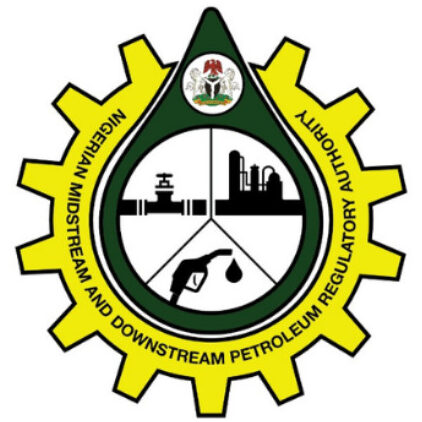Begins consolidation of existing regulations to enhance compliance
The Nigerian Midstream and Downstream Petroleum Regulatory Authority (NMDPRA) yesterday met with operators in that segment of the oil sector, in a bid to seek their buy-in on the planned consolidation of existing safety and environmental regulations, including the proposed guidelines on decommissioning and abandonment.
Speaking at the event in Abuja, the Authority Chief Executive (ACE) of the NMDPRA, Farouk Ahmed, underscored the need to ensure strict compliance with the new regulations, to ensure environmental safety in the midstream and downstream.
He explained that the meeting was necessary in line with Section 216 of the Petroleum Industry Act (PIA) 2021 which mandates consultation with stakeholders prior to the finalisation of regulations under the Act.
Represented by the Executive Director, Distribution Systems, Storage and Retailing Infrastructure (DSSRI), OgbugoUkoha, Ahmed stated that the proposed 2025 Midstream and Downstream Petroleum Safety and Environmental Regulations consolidate three of the NMDPRA’s earlier published regulations into a single document.
The consolidation process, he said, has enabled the organisation to reduce the complexities of navigating and implementing numerous regulations; streamlining all activities concerning health, safety, and environmental operations, including decommissioning and abandonment in the midstream and downstream petroleum industry.
Ahmed noted that it will also eliminate inconsistencies and repetitions across multiple regulations and engender further compliance with the PIA and regulations made thereto.
While assuring that the Authority had taken note of the feedback with a view to incorporating same, he stated that the regulations are to be read in conjunction with other regulations made by the Authority including the Midstream and Downstream Petroleum Fees Regulations, 2024 which provide for the prescribed fees for petroleum activities.
In his intervention, the NMDPRA Secretary and Legal Adviser, Dr Joseph Tolorunse, said the consolidation allows for amendments based on stakeholder engagement and feedback, disclosing that previously 10 regulations were consolidated into one to reduce redundancy.
According to him, the aim is to move towards self-regulation in the industry at some point, where transparency is crucial, with the stakeholders consultation being essential for incorporating feedback into the regulations.
On the areas of concern expressed by the operators, he noted that they include the framework for the guidelines accompanying the regulations as well as the planned extension of abandonment and decommissioning regulations to downstream facilities like filling stations.
However, he maintained that proper abandonment procedures were necessary to prevent environmental pollution, including contamination of nearby underground water sources to the abandoned facilities.
“So there’s nothing to be afraid of. It’s just a guide. It’s just to also state the procedure for achieving what the regulation has said. So it’s not going to be something that will be too cumbersome, or there will be too many errors on them that we will not be able to fulfill.
“Then again, some of them feel that in the areas of decommissioning and abandonment regulations, some of them feel that we should limit it to the midstream and we should not take it down to downstream facilities. We are looking at it.
“Take, for example, filling stations. Some of them say don’t take it to go around the filling stations. So we will look at it. Because when you look at filling stations, if you’re going to abandon them, there should be a way you abandon them properly so that there’s no contamination of underground water. So, we need to treat the law to take care of all those areas of concern,” he added.
Tolorunse noted that as business enablers, the consolidated draft after the stakeholder consultation, incorporation of comments, management approval and engagement of the Ministry of Justice for proper drafting and printing will not be delayed.





